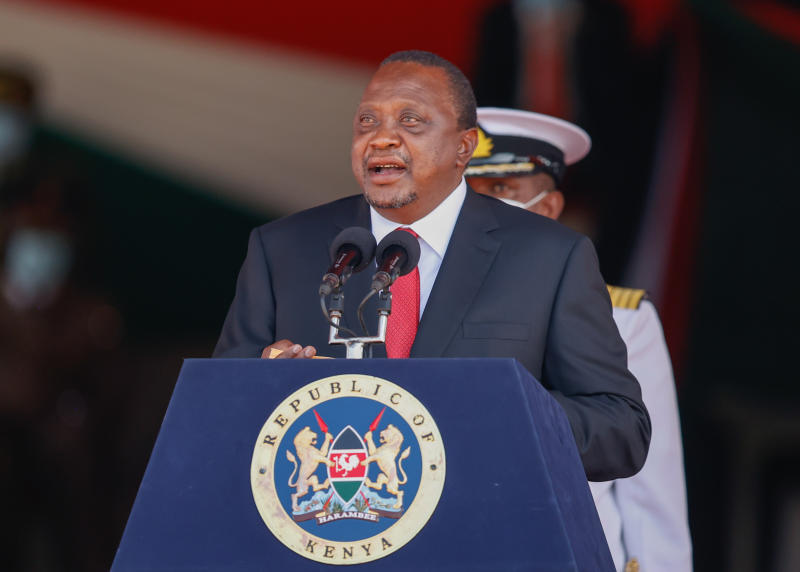×
The Standard e-Paper
Smart Minds Choose Us

President Uhuru Kenyatta has on several occasions said he wants to leave a united Kenya. In some way, I read this commitment as his heartfelt legacy project, yet it is poorly articulated and implemented. The Big Four Agenda could be in his priorities, but surely, it is not what comes out, especially in his off-the-cuff speeches.
Of the Big Four Agenda, infrastructure stands out. On this, his government has realised tangible results, not just in major towns, but even in rural feeder roads.